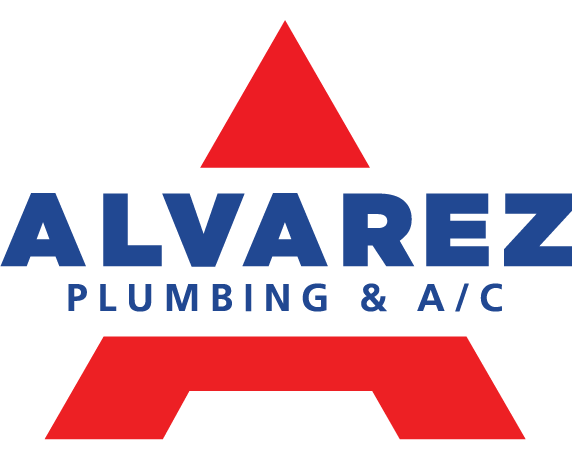Living in Tampa, FL, means you’re no stranger to the power of hurricanes. While safety is always the top priority, after a hurricane, it’s important to assess any damage to your home, especially to critical systems like your air conditioning and plumbing. These systems are often vulnerable to wind, rain, and flooding, so knowing what to look for can help you spot problems early and get the necessary repairs done before they escalate. Here’s a guide on what to check after a hurricane.
Air Conditioning System
-
Check for Visible Damage. Inspect the outdoor unit (condenser) for any signs of physical damage. Hurricanes can send debris flying, which may dent or dislodge parts of your A/C system. Look for bent fins, broken fan blades, or any dislodged panels.
-
Flooding and Water Damage If your outdoor A/C unit was submerged in floodwaters, there’s a high risk of electrical damage. Water can corrode components and cause electrical shorts, so avoid turning the unit on until it’s inspected by a professional. This helps prevent further damage and reduces the risk of fire or electrocution.
-
Electrical Issues Power surges during a hurricane can harm the electrical components of your A/C system. If the unit won’t start or behaves erratically after the storm, there could be an issue with the electrical connections or control board. An HVAC technician can safely assess and repair any damaged components.
-
Clogged Filters and Coils Hurricanes often bring a lot of dust, dirt, and debris. Check your air filter and clean or replace it if necessary. Dirty filters reduce your system’s efficiency, and blocked coils can hinder cooling performance. Keep the system clean to ensure optimal airflow.
-
Refrigerant Line Damage The refrigerant lines could be damaged or punctured by flying debris. Any refrigerant leak needs to be addressed promptly, as it will not only affect your A/C’s performance but can also pose environmental hazards.
-
Strange Noises or Smells Unusual sounds like grinding, banging, or hissing could indicate internal damage, while musty odors may suggest mold growth due to moisture buildup in the ductwork. Don’t ignore these signs, as they could indicate serious problems.
Plumbing System
-
Inspect for Flooding and Water Backup After a hurricane, the ground can become saturated, causing water to back up into your plumbing system. If you notice slow drains, sewage backups, or standing water around your home, it could indicate clogged or overwhelmed pipes. This issue may require professional drain cleaning or pipe inspection to prevent further damage.
-
Check for Leaks High winds and heavy rain can loosen joints and seals in your plumbing system. Look for any signs of leaks, such as damp spots on walls or ceilings, and check around fixtures like sinks, toilets, and water heaters for puddles or drips.
-
Test Water Pressure After the storm, test the water pressure in your faucets and showerheads. Low water pressure could be a sign of hidden leaks or blockages in your pipes caused by debris or damaged lines.
-
Water Heater Damage Your water heater could also be impacted by the storm. If the area around your heater flooded, you may have electrical or gas line damage. Do not attempt to turn it on until it has been inspected by a professional.
-
Sewer Line Concerns Heavy rainfall and flooding can overload the sewer system, leading to backups into your home’s drains. This is a serious health hazard. Watch for slow drains, unpleasant odors, or gurgling sounds from your pipes. If you notice any of these signs, contact a plumber immediately to inspect your sewer lines.
-
Water Quality Hurricanes can cause water contamination, especially if there’s been flooding. Run the taps and look for discoloration or strange odors in your water supply. If you’re concerned about water safety, consider using bottled water or boiling tap water until the water system has been cleared.
When to Call a Professional
If you notice any of the issues mentioned above, it’s important to contact a professional HVAC technician or plumber as soon as possible. Trying to diagnose or fix these problems on your own can lead to more damage or even safety risks. Alvarez Plumbing and Air Conditioning in Tampa, FL, offers expert inspections and repairs for both A/C and plumbing systems, ensuring your home is safe and functional after a hurricane.
Final Thoughts
After a hurricane, a thorough inspection of your air conditioning and plumbing systems can save you time, money, and stress. By catching issues early, you can prevent long-term damage and ensure your home remains a comfortable and safe environment. Stay proactive and keep your home’s systems running smoothly, even in the aftermath of a storm.




Recent Comments